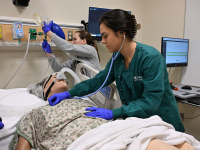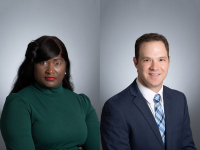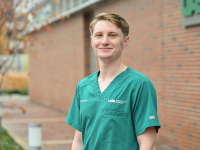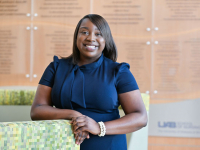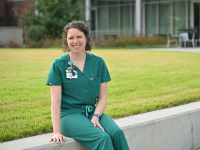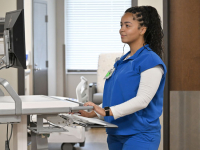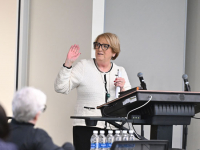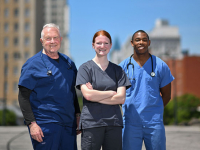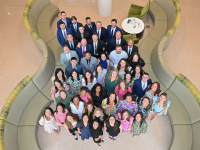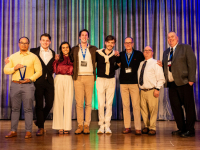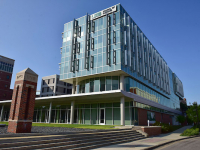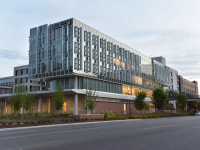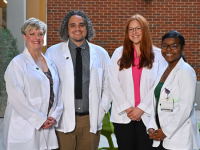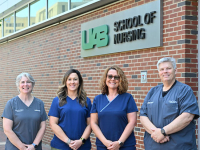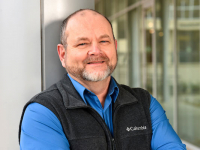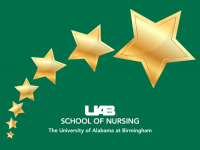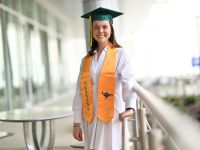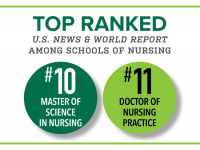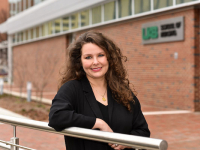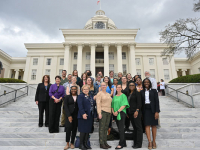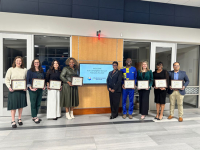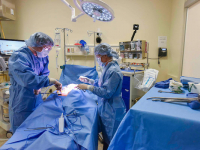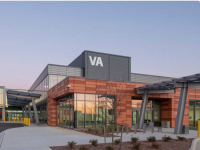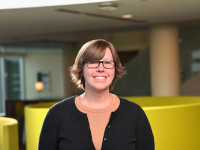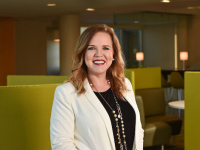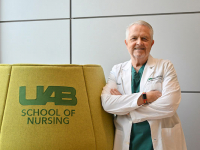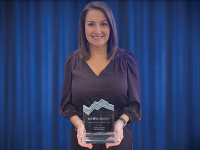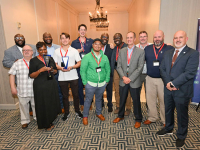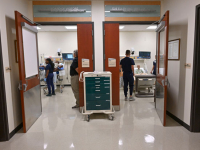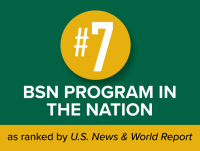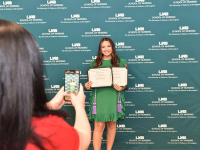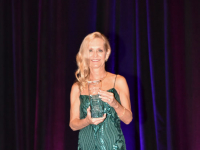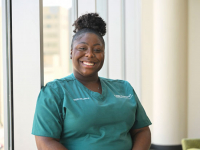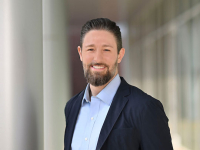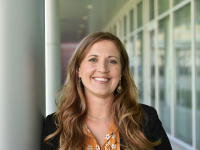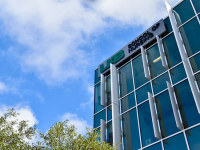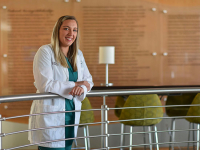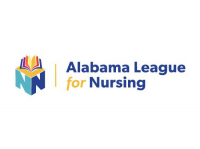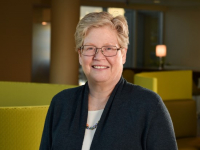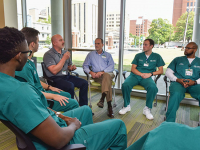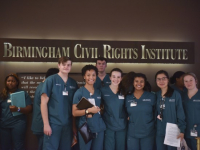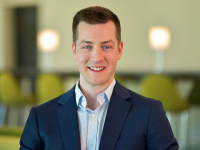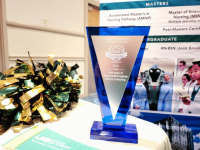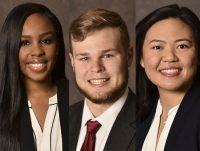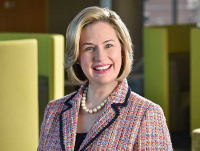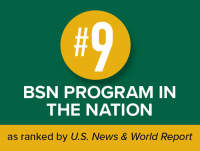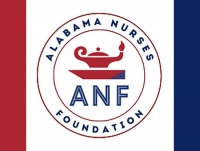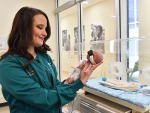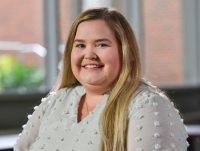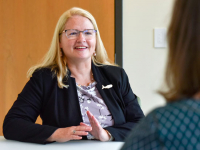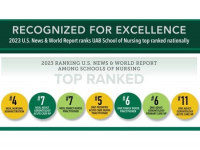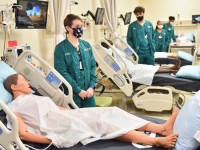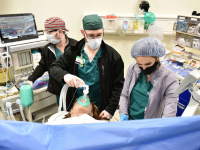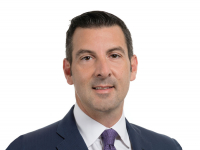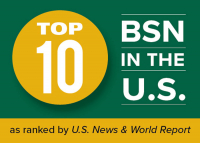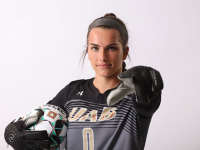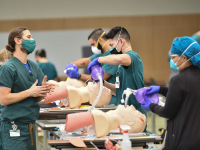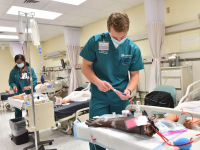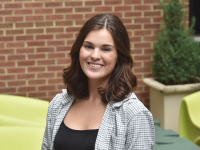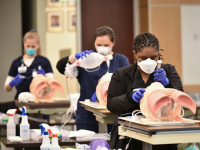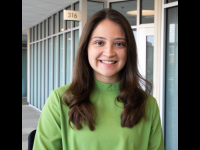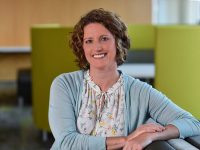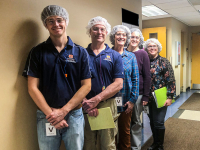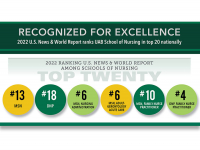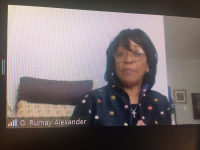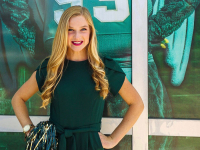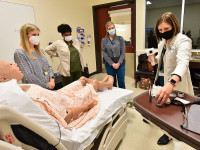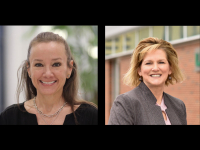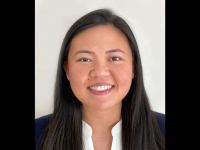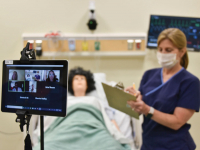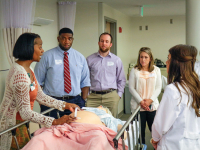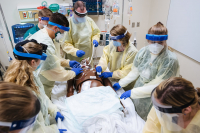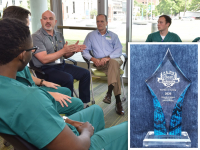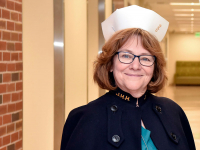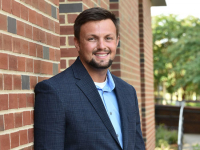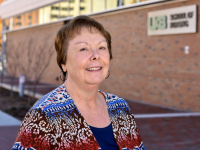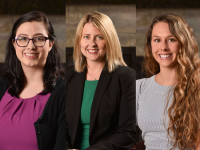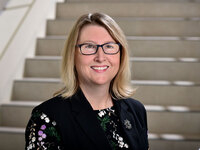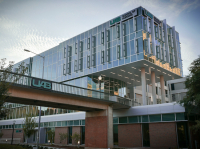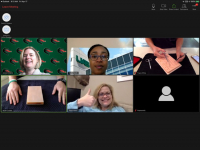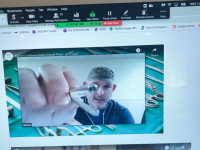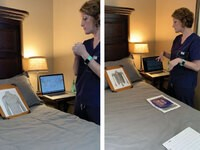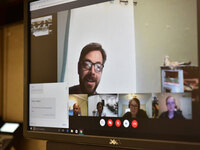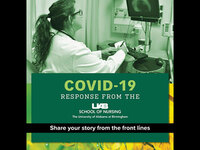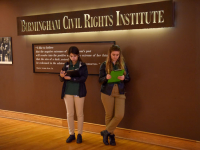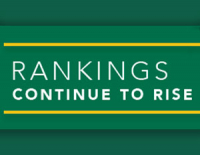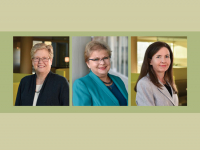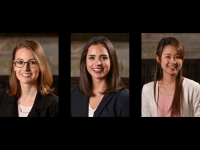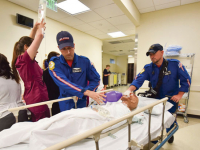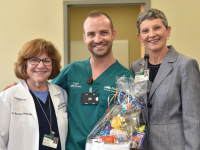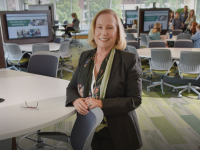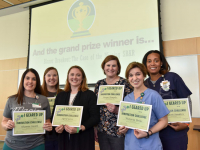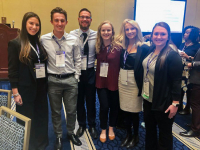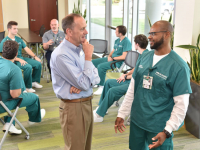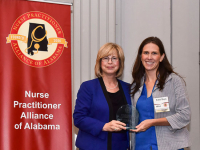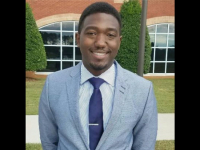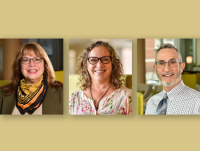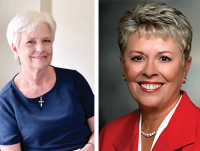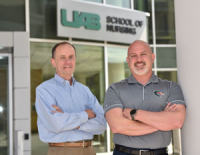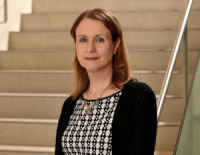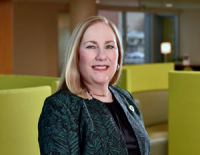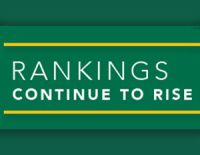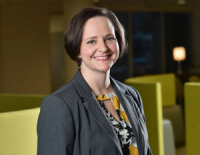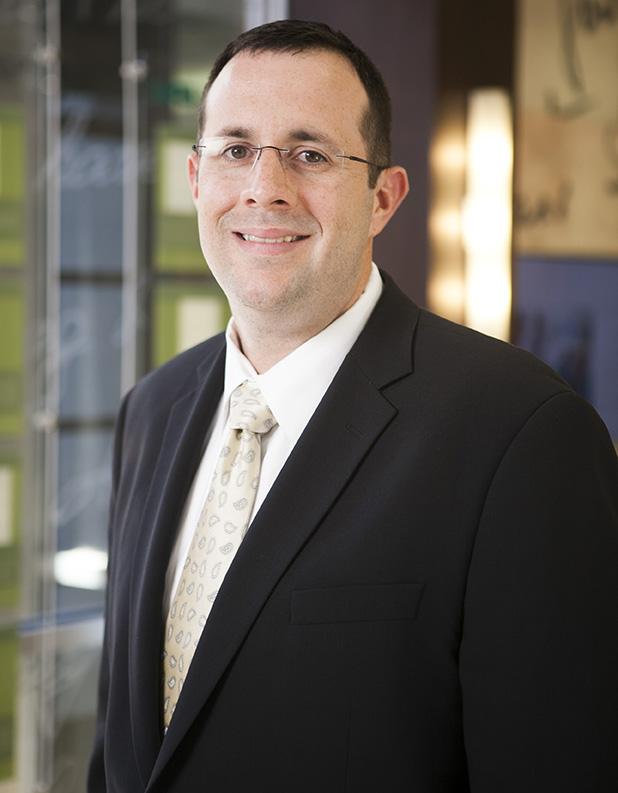 Standing on the sideline watching the Louisiana State University Tigers win the 2004 college football national championship and knowing he had a hand in the effort, Bryan Combs, MSN, CRNP, FNP-BC, CNL, ATC, could have seen himself being a certified athletic trainer for his entire professional career.
Standing on the sideline watching the Louisiana State University Tigers win the 2004 college football national championship and knowing he had a hand in the effort, Bryan Combs, MSN, CRNP, FNP-BC, CNL, ATC, could have seen himself being a certified athletic trainer for his entire professional career. Even a few years down the road, when he served as an assistant athletic trainer for the University of Alabama at Birmingham (UAB) Blazers football team and later the head trainer at Birmingham-Southern College, Combs was still doing something he truly loved.
With him as with many seasoned professionals, however, the journey took a few twists and turns, and Combs found himself at a career crossroads, contemplating whether the job he loved was best for his future or if he should take another route.
Then from Doreen Harper, PhD, RN, FAAN, Dean of the UAB School of Nursing, Combs learned about a newly implemented program called the Accelerated Master’s in Nursing Pathway (AMNP) which, upon further review, seemed like a good fit for him.
“The new cohort was just being established and applications were just being being accepted,” Combs said. “I think I found out about it literally two weeks before the application deadline. My wife and I thought about it and prayed about it, and I decided to kind of change routes.”
That decision led to Combs becoming a member of the School’s first AMNP cohort in May 2008, a life-changing choice he calls “the turning point in the road” for him and one he made, in great part, because he didn’t want to go backwards to move forward.
The AMNP provides an option for students who have a bachelor’s degree or higher in a field other than nursing to pursue a nursing degree. This unique category of students is eligible for master’s level admission to this graduate program once prerequisite nursing foundation requirements are met – regardless of what their undergraduate degree may be.
“The AMNP was the best option for me to adjust my career path because I already had a bachelor’s and master’s (in athletic training), and I didn’t want to go back to school for another two or three years to get a bachelor’s degree in nursing,” Combs said. “This program allowed me to be at the bedside caring for patients within one year as I continued to work on my master’s in nursing in the Family Nurse Practitioner specialty.”
Combs earned his first master’s in nursing in the clinical nurse leader specialty from the School in December 2010 and his second master’s as a family nurse practitioner in December 2012. He also joined the School as a full-time faculty member in September 2013 teaching in the Family Nurse Practitioner Program and is now pursuing his PhD.
All this came about, Combs said, because he chose to enroll in the UAB School of Nursing and one of the most unique programs of its kind in the country. It’s a choice he highly recommends for other professionals such as himself who are down the road a bit in their careers but still want a change.
“It’s a nice option for those who maybe went into the law or business and then realized they really wanted to be in the medical field,” Combs said. “It’s hard for someone to say ‘I’m going to go back to school now to get a bachelor’s and spend two years doing it,’ which is the way it used to be.
“Now with the AMNP, you have a way of accelerating the process but still getting a quality outcome. You’re not rushing it. You’re not sacrificing your present for your future.”
Combs sees the AMNP as a cutting-edge way for the School to address the changes that are coming in the health-care profession, particularly in the field of nursing.
“As the health-care profession changes we will need master’s-prepared nurses and others that are ready to go into the workforce,” Combs said. “Whether it’s the number of people who will be retiring in the next five to 10 years or changes in health care that are going to require more advanced practice nurses in rural communities, we need to be able to plan for that.
“This is an out-of-the-box way of thinking of the future by taking professionals in all kinds of fields who have realized they want to work in the medical arena and bringing them into nursing.”
It is a very solid foundation on which to build the future of nursing, Combs believes.
“With all of us, our histories and our pasts, as different as they may be, make us assets,” Combs said. “That’s one of the greatest things about the AMNP program. You are taking people with different backgrounds who can make incredible contributions and be incredible assets to the nursing profession, and you’re giving them that opportunity -- something they would not otherwise have been able to do if we didn’t have a great program like this.”

